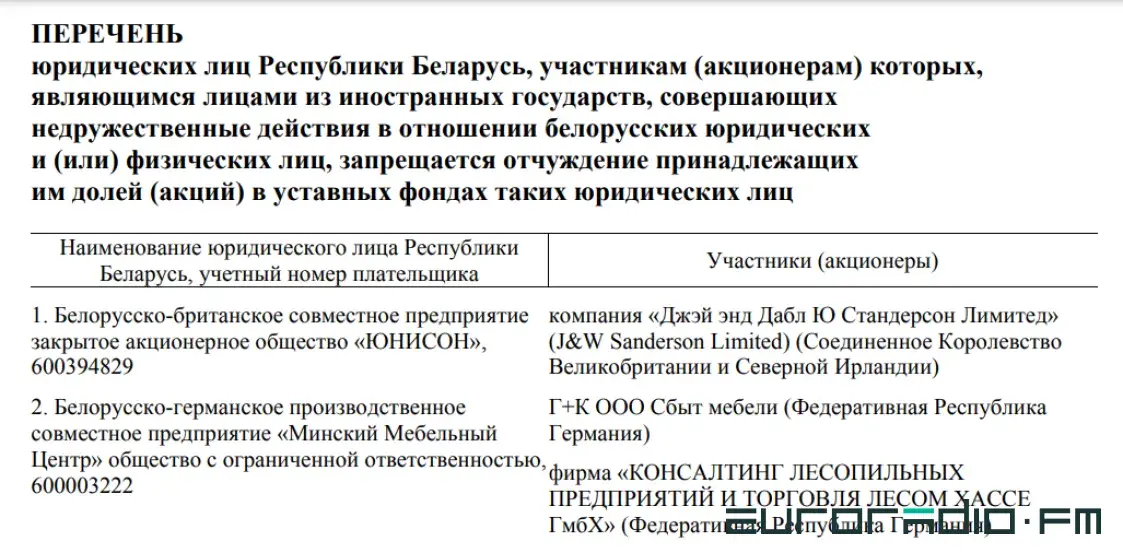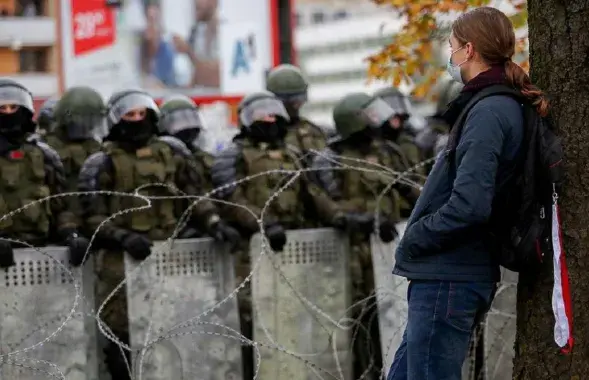Why did Belarus prohibit foreigners to sell their shares?

Nobody's nationalizing the companies yet, but they are not allowed to sell their shares in Belarus / screenshot from the movie
The authorities have shot themselves in the foot yet again by banning foreign legal entities to sell their shares in Belarusian companies. After all, even Belarusians would not invest in the country from abroad for fear of losing money. And this is the majority of "foreign" investors.
Euroradio has found out why the authorities prohibited 190 companies from "unfriendly countries" to sell their shares in Belarusian companies and why Belarus and not her "enemies" will lose from it.
"So they wouldn't feel too free"
Decree No. 436 of the Council of Ministers from July 1 means that there is actually no way out of business for those on the list, says Dzmitry Kruk, senior researcher at BEROC. The official justification is a measure to prevent capital outflows. According to the economist, the tool chosen for this purpose is strange and the justification is questionable.
Independent analyst Siarhey Chaly called the ruling "monkeying with the decision, which was taken in Russia".
"It has no economic logic other than "and let us play a dirty trick on somebody"
The decision would have had some logic to it if it had been made in the first few weeks after the outbreak of war. Because the main consequence then was the capital flight," says the analyst.
"The innovation is more of an emotional reaction to the sanctions than a rational one," says Uladzimir Kavalkin, head of the "Kosht Urada" project and founder of Petitions.by. "Because there will be negative effects, although it seems that Belarus can forget about foreign investments without any original new solutions anyway," he adds.
"It's like shooting yourself in the foot. Because about 80% of investments that come to Belarus are Belarusian capital, simply withdrawn in advance and reinvested. If you look at the owners, you often see offshore islands, Cyprus, and Britain. They do so because everybody understands perfectly well that the business climate in Belarus is bad; the country has no rule of law. If the government attacks them, it would be impossible to defend one's rights in court".
From the point of view of Western companies that don't have Belarusians behind them, the ruling makes little difference.
"For an investor in the developed world, it's hard to do worse than what was done in the last two years. What has died cannot die a second time," says Dzmitry Kruk.
What is happening will not be a shock for Chinese and Russian businesses. Those who are afraid to work with Belarus have already left. The others are not particularly afraid, because China and Russia have a lot of leverage on Belarus.
"It is even possible that the Russian side could push [Belarus] to such decisions to show symbolic support," says Dzmitry Kruk.
"The main problem is that investors will not come to Belarus even after Lukashenka's departure. Belarus will be closely watched first".
"If we compare [Belarus] with Ukraine, the war will end and investments will go there because there is a market, an investment climate is such that one can work, the protection of private property rights is in place. In Belarus, it will not be the case after the change of the regime, simply because the next politicians will have 10-20 years to prove that they are not like Lukashenka," concludes Uladzimir Kavalkin.




















